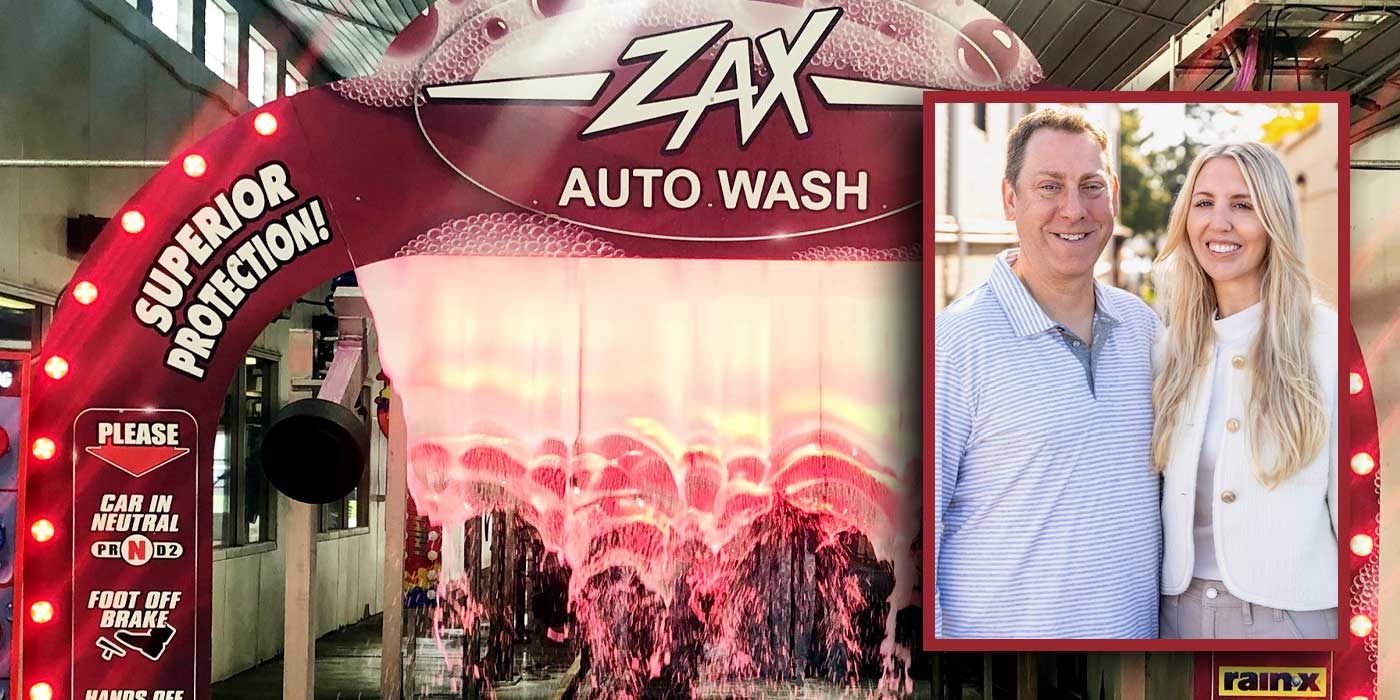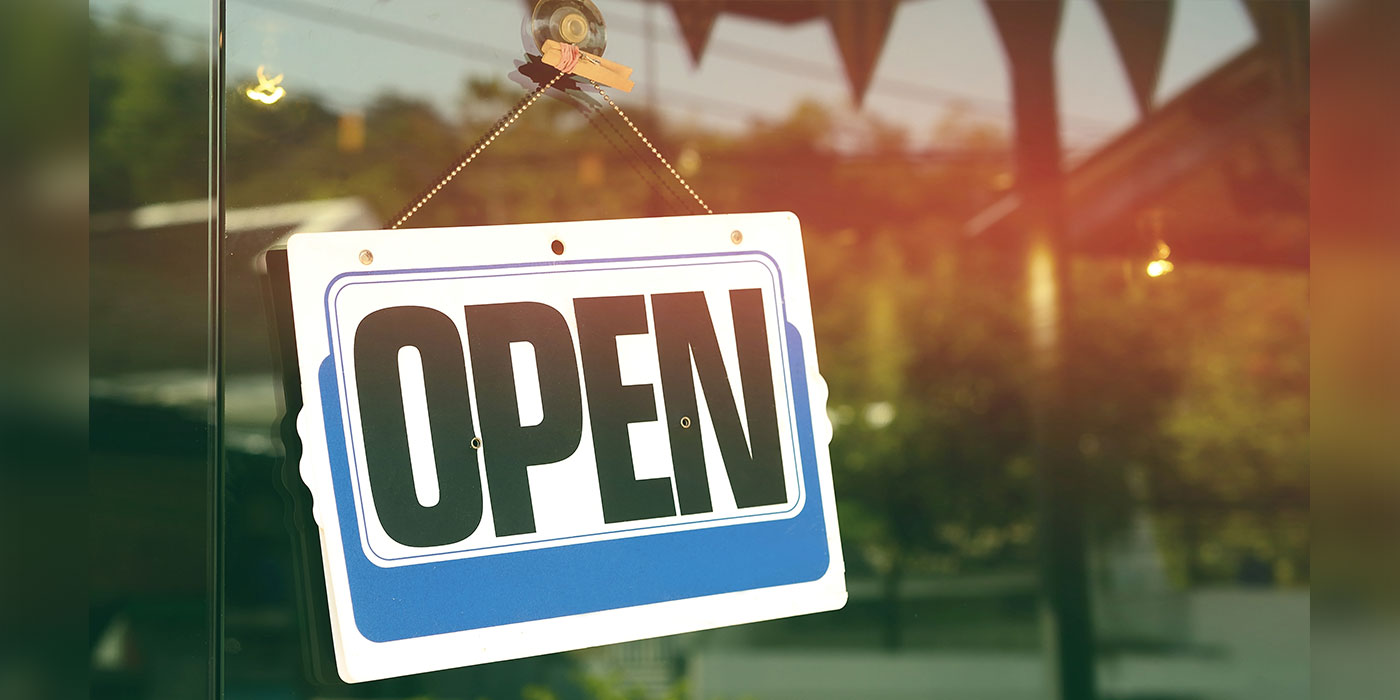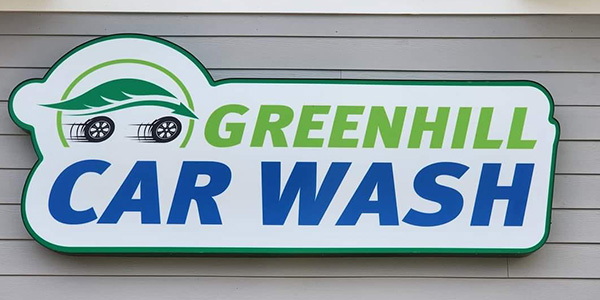This time a year ago, the carwash industry was in a mega-growth period. This was built off of multi-year trends in which consumers continued to embrace professional carwashing services (particularly express exterior carwashes), historically low interest rates and strong private equity involvement. All of which created an abundance of available capital to fuel growth.
As we move further into 2023, some economists are projecting the U.S. economy to dip into a recession by mid-year. Regardless of whether this will be a hard or soft landing, there are some considerations as to how a recession may impact the carwash industry.
Consumer demand resiliency?
Inflation and higher interest rates have continued to weaken consumers’ discretionary spending power. The consumer price index rose 7.1% for the year, ending November 2022, meaning the cost of just about everything has increased in the last year. The big question for many operators is whether consumers will consider carwashing expendable and therefore, reduce frequency or discontinue memberships. As we have seen since Q3 2022, retail customers may continue to pull back on expenditures, so protecting monthly plans and giving customers every reason to keep their membership is absolutely key.
While not immune to the effects of economic volatility, the carwash industry fortunately has a proven track record of durability. During the 2008 economic meltdown, the industry experienced modest declines and recovered more quickly than many consumer sectors. Following the acute impacts at the start of the COVID-19 pandemic, the carwash industry continued to expand with the steady rise of the subscription model and the benefits and stability of reoccurring revenue.
Entering 2023, we may look back at this time as a period where only the fittest continued to thrive. Strong operators with great customer service and solid operations that provide convenience and high perceived value will continue to perform well. On the flip side, the cost of not doing so will be significant. In other words, performance gaps in 2023 will be more likely to manifest as noticeable financial gaps than in recent history.
The private equity playbook is changing
Many private equity groups who were already in the carwash space are now taking a more cautious approach as it relates to their growth trajectory. Before, private equity groups had an attractive credit facility that enabled rapid-pace acquisitions. Post transaction, they could sell acquired real property to a real estate partner, such as a real estate investment trust, and deploy the funds to fuel continued acquisitions.
With a significant amount of dry powder needing to be deployed in the market, this strategy could be used repetitively. Even more, by mixing in self-generated greenfield development, private equity groups would “blend down” high acquisition multiples the increased demand created — all financed with “almost free” capital.
However, there is an inverse relationship between real estate value and the cap (capitalization) rate — meaning as the cap rate goes up, the real estate value goes down. In the last year, the cost of debt has nearly doubled, with interest rates rising from 3.75% to the current rate of about 7%, decreasing the potential return on investment (ROI) buyers could expect.
So, as cap rates tick higher and the cost of borrowing increases, this previous playbook is no longer the most effective go-forward strategy for private equity firms. In short, a three-year ROI is now closer to a five- to six-year ROI, and the capital constraint has the firms vacillating over which investments to make in this industry or even other spaces.
That said, many private equity-backed carwash platforms are still growing. According to the 2022 Top 50 U.S. Conveyor Chain List, published by Professional Carwashing & Detailing magazine, there are significantly more chains with triple-digit store counts. But, they have become more cautious buyers that are taking a more conservative approach to growth. Even the most aggressive platforms are canceling some deals that would have previously moved very quickly.
Protecting and maximizing value
Even with tighter capital constraints and lowered valuation multiples, there are still plenty of buyers out there for carwash owners looking to sell. In fact, investors who have been eyeing the space for years are now making an entrance. For example, Alimentation Couche-Tard, the Canada-based parent of convenience store chain Circle K®, recently announced its intention to acquire True Blue Car Wash, marking a significant shift in the potential buyer pool.
Owners will need to have a deeper understanding and present an effective portrayal of their carwashes’ value in today’s market. Following an exceptional period of record high multiples, today’s valuations can more accurately be described as a normalization rather than a decline. Also, owners can expect buyers to perform stronger due diligence and care more about clean books and records to ensure the investment can produce returns in this tighter capital market.
Unusual weather events sweeping the U.S. have created further disruption to valuations, leaving buyers uncertain how much to attribute a reduction in cash flow to weather versus a weaker consumer and economy. In light of this, many institutional buyers are holding on to their dry powder to see how the second half of 2023 shapes out.
So, how do you protect the value of a carwash business? According to Metro Express Carwash Owner Bill Martin, “The fundamentals of success remain the same as they have always been. Focus on your people, product, process, and place and strive for excellence throughout every aspect of your operations.”
Focusing on the details of the operations and looking at ways to create greater efficiencies and reduce spending can really add up. Strong carwash operators with solid operations and good customer service who don’t let customers, and especially monthly plan members, slip away unnoticed will benefit from cash flow now and are making an investment in their future value.
With growing innovation in the space, new companies have emerged that offer operators greater tools and resources to help, too. Retention Express, for example, is a white-labeled customer experience service provider that helps operators manage off-site customer communication (i.e., all email, phone, social media, membership management, etc., within all POS systems for operators) on behalf of the carwash with the goal of strengthening brand and customer loyalty.
With every customer interaction documented, operators receive immediate and actionable insight to help prevent issues before they erode revenue or customer satisfaction by not quickly correcting them. In tougher times, keeping a low churn rate is as important as gaining new customers.
Especially in challenging labor markets, trained staff that handles all inbound communication traffic can also provide tremendous value with prompt and professional customer support while capturing measurable customer behavior and sentiment data.
More and more carwash operators are also relying on technology to help manage their consumer experience. For example, leading providers offer branded mobile apps for carwashes that can act as a consumer CRM to manage plans more easily and effectively. Some can even work with a carwash company’s sales, marketing and operations teams by empowering them with robust tools that boost memberships, reduce churn and grow sales.
For smaller carwash operators, following a similar playbook to the bigger platforms and growing with capital efficiency is smart. As the cost of capital continues to rise, both acquisitions and greenfield development are more expensive, which means the stakes are higher to have a well-performing asset that is making money quickly. Trusted professional carwash advisors with both investment banking and carwash operations experience can provide tailored guidance on how to efficiently fund growth, often through alternative lending providers and access to private credit markets.
Conclusion
The carwash industry has a proven track record of durability. The convenience and quality of the express exterior carwash have helped fuel the multi-decade secular consumer spending trend on “services” over “things,” with 77% of the market share preferring a “do-it-for-me” service. Additionally, while the industry has experienced an increased rate of consolidation in recent years, it is still highly fragmented, with the top 10 express carwash brands controlling only about 12% of the express carwash market, according to industry estimates. This, coupled with multiple levers for growth — from greenfield development, acquisitions or conversions — make the industry a highly attractive space for the foreseeable future.
Private markets are shying away from placing a premium on revenue growth as the leading performance metric and shifting their interest to building sustainable, solid business operations. Carwash operators who focus on creating and maintaining strong operations with reliable cash flow will help protect their business’ long-term value.
Lanese Barnett is senior vice president of business development at Amplify Car Wash Advisors, the number one advisor of carwash chains nationwide. With a mission of creating wealth for clients, Amplify helps carwash owners sell, partner or grow using practical industry experience as operators coupled with expertise in mergers and acquisitions (M&A) and capital advisory. Keep up to date on the latest carwash M&A activity with Car Wash M&A, The Podcast. Learn more at AmplifyWash.com, or reach Lanese at [email protected].













